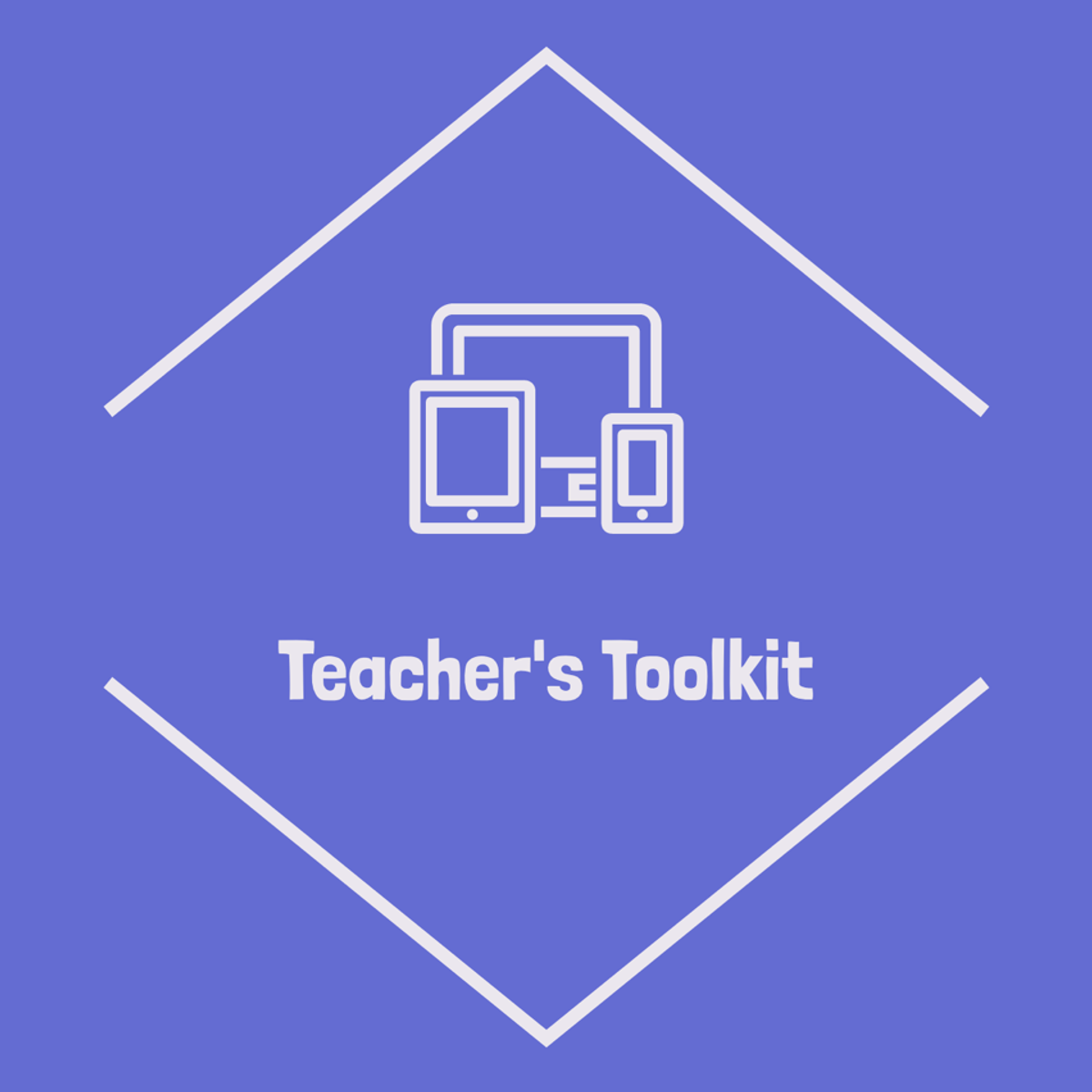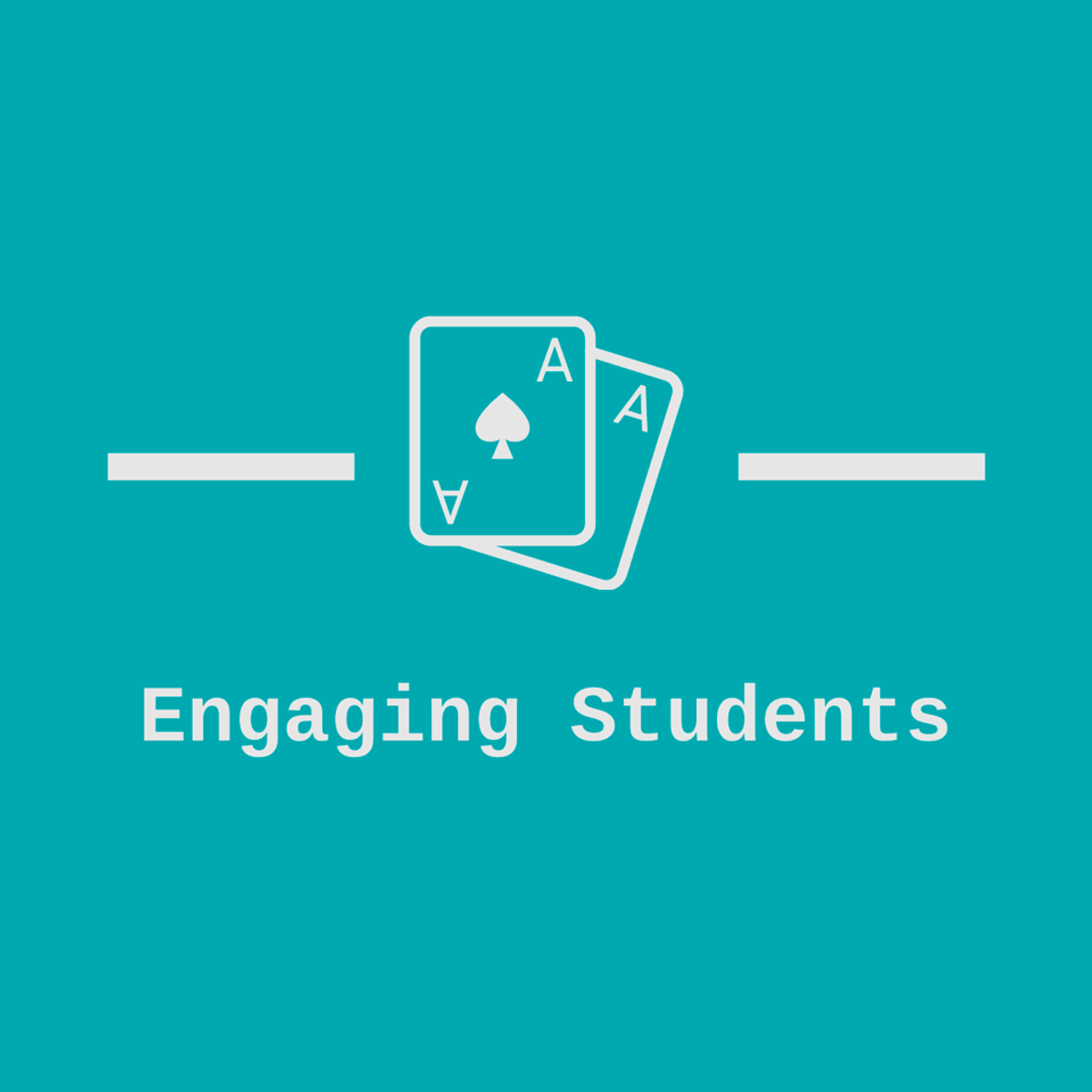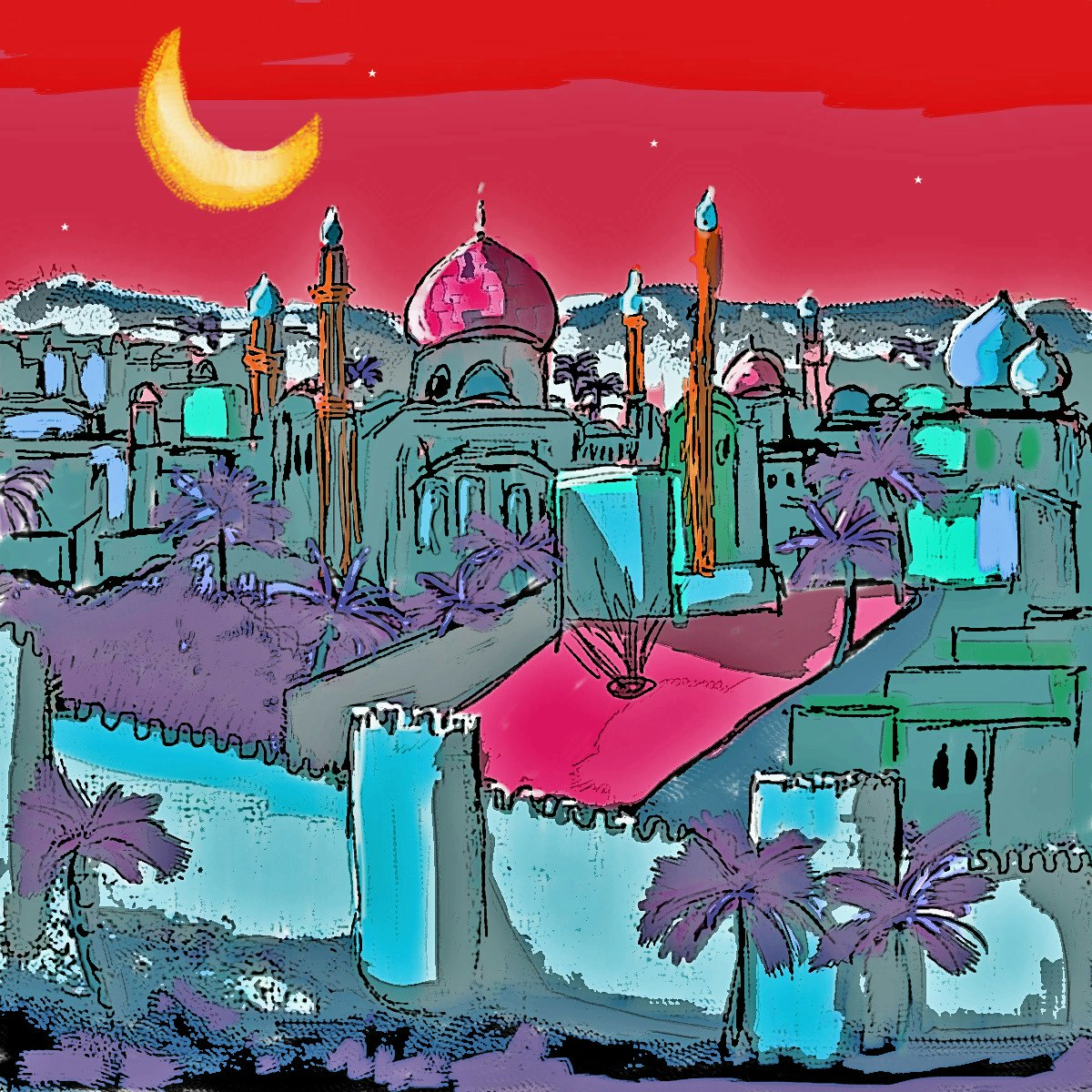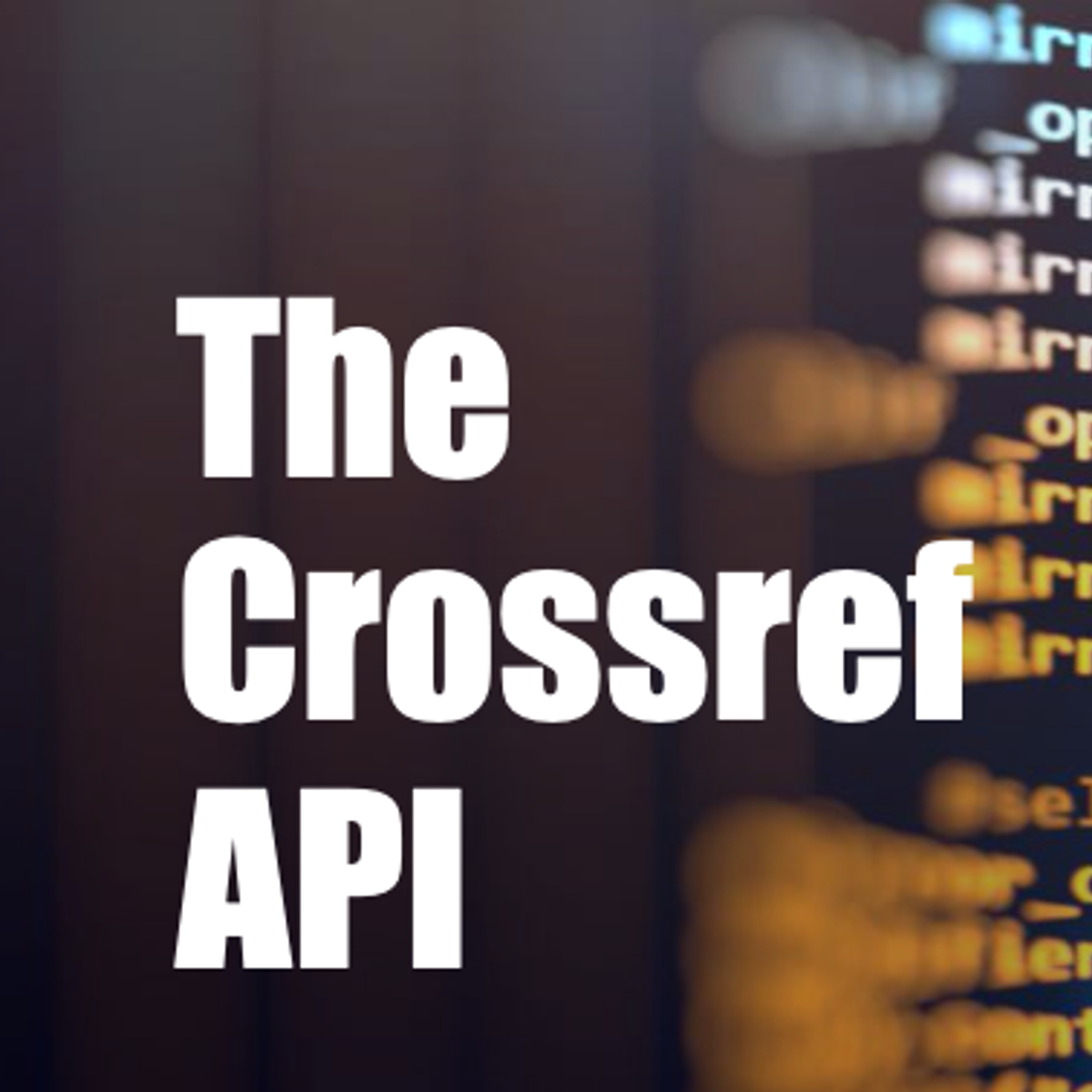Back to Courses









Social Sciences Courses - Page 54
Showing results 531-540 of 672

Brilliant, Passionate You
This course is an interdisciplinary look at how we can make each day the best day of our lives by examining the question, “How can you be your most brilliant, passionate self?” You will be joined on this journey by our animated host, Lewis!
You will envision your “perfect day” and then slowly deconstruct the elements of that day to better understand key elements such as finding your purpose, defining success, mental and physical health, the importance of community, and navigating risks and challenges. In addition, you will hear stories from a diverse array of individuals, including students, doctors, teachers, professional storytellers, professional athletes, coaches, and others sharing their own journeys, communities, and sources of inspiration.
Finally, you will participate in the What’s Your Purpose? Project, utilizing storytelling techniques to share your own purpose and inspire other members of this global learning community to pursue theirs.

Data and Urban Governance
Since the beginning of the 2000s, cities have witnessed a massive influx of data, transforming how cities are governed. Data has an impact on how city life is structured, as it influences coalitions, actors, instruments, policies, and forms of regulation.
In this MOOC, we will look at this shift more closely: what has the advent of big data done to urban governance? Have platforms disrupted local authorities? How has big data changed local politics? How do we govern using algorithms? What is the place of citizens in the digital city? Is it still possible to be anonymous in the city?
At the end of this course, you will be able to navigate the landscape of urban governance in the digital era, including its myriad actors and instruments; to decipher what drives ongoing transformations in how local governments are structured and operate; to analyze the contemporary changes in municipal service markets; and to understand what is at stake in terms of the creation and implementation of public policies when data comes to town.
This MOOC is offered by the Digital Cities Chair of the Urban School of SciencesPo, funded by La Poste, RTE and the Caisse des Dépôts.
Videos are in creative commons license BY NC

Trade, Immigration and Exchange Rates in a Globalized World
This is the second of the three courses part of the Globalization, Economic Growth and Stability Specialization. This course will focus on facets of globalization that affect a country´s economic perspectives and decisions. Globalization has recently been the predominant subject in many political debates, and this course will go into the determinants of globalization. It will be separated into four modules; the first module will explain exchange rates. It will cover what determines exchange rate and how different exchange rates affect the economy and the reality of currencies. The second module will explore trade, the reality of free trade, and what occurs to a country´s economy with protectionism. The third module will go into the balance of payments, it will help you understand how economic transactions between a country and the rest of the world work. The fourth module will focus on Immigration, which is probably one of the most controversial subjects today. It will explain how migration affects host countries and it will cover current migration trends.

Creating a Student Profile in Google Docs
By the end of this project, you will have created a Student Profile in Google Docs that will allow you identify student needs and differentiate instruction. We will work together to learn how to use Google Docs as we create a Student Profile template and complete it for a particular student you have in mind. You will be provided with additional resources that will help improve your teaching practice through identification of students needs and ensuring that the appropriate accommodations are put in place to support their academic growth.
Teaching is constantly changing. More than ever, it is essential that all teachers have a thorough understanding of the different needs present in their classroom. Once each student is more deeply understood, learning plans can be created to ensure that their school year is successful. This project will further equip you to meet the needs of your students.
*You will need a free Google account for this project.

Using Microsoft PowerPoint to Create a Choice Board
By the end of this project, you will have created a choice board to use with your class in person or virtually. Choice boards allow teachers to accomplish curriculum goals while providing students with greater freedom in how they accomplish those goals. Providing students with choice is one important way to provide them with a sense of ownership of their learning. They will feel that their voice matters and be more engaged in the task at hand through the opportunity to choose their activity. Choice boards also provide an engaging way to encourage practice virtually!

The Cosmopolitan Medieval Arabic World
Did you know that Arabic was for centuries the lingua franca in an area stretching from the south of Spain to the Chinese border? Did you know that the Middle East under Muslim rule in those days was the world’s beating heart of trade, but also of science and scholarship?
Did you know that Islam in its formative period was heavily influenced by existing cultures in the region, like Indian, Greek, Persian and Byzantine culture? Did you know that for many centuries after the establishment of the Muslim Empire the majority of the population remained largely Christian and Jewish?
Did you know that they held a protected status in Islamic law? Did you know that this generally open-minded, curious and open society stimulated many great innovations and inventions?
Did you know that European scholarship in the Renaissance leaned heavily on the texts and inventions from the Middle East which were the outcome of this sophisticated advanced society?
In this course we will focus on the fascinating history of the Arabic Medieval World. We will take you on a journey through the Middle Ages starting off in eighth-century Baghdad. Along the old pilgrim trails we will go to places like Mecca, Jerusalem and Najaf. We will show you the impressive markets of places like Cairo and Samarkand. However we will not hide the dark sides of society either, by introducing you to the flourishing widespread slave trade. We will visit the Abbasid court, the Harem of the caliph, and the palace of the Mamluk Sultan. We will show you some beautiful medieval manuscripts, that live on as the silent witnesses of the impressive achievements of scientists and medical doctors of this forgotten era. All along we will present you with historiographical debates and dilemma’s. Reflecting on the way we look at and interpret history. And while taking you on this journey, we will travel back and forth in time explaining to you how events of the past affected and shaped the world as we know it today.
Welcome to the Cosmopolitan Medieval Arabic World! Enroll now and follow this course for free.
---
Testimonial:
Dear Prof. Sijpesteijn
I am sending this email in gratitude for the Leiden University team for this course. Please thank the Faculty of Governance and Global Affairs for offering it on Coursera, the Faculty of Humanities for creating the lovely course content and the excellent reading material. Rarely have I seen an MOOC that is this well-researched and thought through. This is in addition to the excellent resources provided and the creative media. I finished the course and presently doing the honors-track.
If I may introduce myself, I am Radi Radi, a Palestinian-Jordanian who lives on "Shajaret Al Dur" St. in Amman, Jordan. It was quite an coincidence to learn about her here. I work as a pilot and currently we are not flying anywhere currently so I thought of finishing this course. I am a Bachelor of Civil Engineering from Ryerson Univeristy, Canada and this really felt like the 100-level electives I took in that it really is a university-level course.
I have bought a few books that I have read about in your course and that meant that I have something else to do in this corona-imposed hiatus. After
Once aviation kicks back into gear, I hope to be flying to Amsterdam Again. When that happens, I plan on bringing you guys a gift from Amman for your efforts.
Many Thanks
Radi Radi

Innovative Governance of Large Urban Systems
Learn about the three phases of the urban value chain: planning, governance and regeneration. With lecturers from all around the world and concrete case studies, this course will give you a comprehensive overview about the “Innovative Governance of Large Urban Systems”.
This course has assembled some of the most relevant experiences and knowledge from our Innovative Governance of Large Urban Systems (IGLUS) Executive Master’s program, which has been offered by EPFL during the past 5 years. IGLUS consists of 2-week action-learning organized in over 10 major cities around the world, during which participants acquire an in-depth understanding of the challenges cities are facing and the ways they are addressing them. This MOOC will share this knowledge with you, thanks to some of our lecturers from various disciplines and from all around the world.
During this course, you will learn about the three phases of the urban value chain, which are: planning, governance and regeneration. In particular, we will address the unique challenges of the phases and ask questions such as: how to design cities? How to govern them, especially when it comes to their institutional, financial, economic and social dimensions? And how to regenerate urban spaces?

Finding bibliography metrics using the Crossref API
Manually searching specific metadata for an academic paper is laborious. Is there any magic that we can get all metadata for the bibliography search done at once? Crossref is the tool for you. It can extract the metadata for tens of thousands of papers online in one run.
By the end of this project, learners will be able to create their own tailored R function to find paper metrics from the Crossref API. The function, which will be guided to build step by step, can easily be re-used when there are newly added articles or if the learners want to get the most up-to-date metrics. In this guided project, the instructor will walk learners through understanding the Crossref API, tailoring an R function, and wrangling the bibliography dataset. A good handle of this method will make it convenient for learners to analyze different metrics for bibliography from different fields, such as impact and number of collaborators.

Social Pedagogy across Europe
Social Pedagogy across Europe is the first Massive Open Online Course focused on social pedagogy – a relationship-centred approach to supporting people’s learning, well-being and social inclusion in ways that promote social justice. The course is structured in eight sessions presented over four weeks – an introductory session, six sessions outlining social pedagogy in different European countries and sharing some innovative practice insights, and a review session to support you in applying your learning. You can undertake the six country sessions in any order you would like.
Through this course, we aim to:
1. Give you an insight into how social pedagogy has been developing across Europe, highlighting both the diversity and connections,
2. Highlight the importance of valuing every person as intrinsically ‘rich’, recognising their unique potential and ability to be a valuable member of society,
3. Introduce you to ways in which you can bring this belief to life in everyday interactions and relationships that support people’s learning, nurture their well-being and enable them to feel included in society,
4. Ensure you are familiar with the most fundamental aspects of social pedagogical practice in ways that are applicable in your own personal and professional life.
If you are currently working with children, young people, families, community groups, vulnerable adults or older people, then this course will be highly relevant. You will gain a panoramic overview of social pedagogy, which explores the principles and key thematic areas in ways that are practice-relevant and can be easily applied in any educational and care setting.

What is Corruption: Anti-Corruption and Compliance
Have you ever paid someone for doing you a favor?
You may be accustomed to tipping wait staff or other service providers, but what if you paid a police officer for NOT issuing a parking ticket? Or if you gave a “gift” to a government official for signing a contract with your company? Tipping might be okay, but paying a bribe is a violation of the law.
Bribery is widespread and exists almost everywhere and in many forms. Compliance programs address this and other forms of corruption.
In this course we’ll discuss what corruption actually is by examining, for example, the difference between a tip and an illegal bribe. We will examine where corruption exists, how it exists, its ramifications, and the genesis of today’s anti-corruption laws. We’ll also focus on practical strategies for creating compliance policies and procedures that address and prevent corruption.
We will learn about the U.S. Foreign Corrupt Practices Act, the UK Bribery Act, and many other anti-corruption laws. Much of the course will focus on building out compliance policies and procedures that address corruption. We will also look at practical methods for preventing corruption in an organization as well as red flags and other mechanisms for identifying corruption early so that it can be adequately addressed.
Popular Internships and Jobs by Categories
Find Jobs & Internships
Browse
© 2024 BoostGrad | All rights reserved